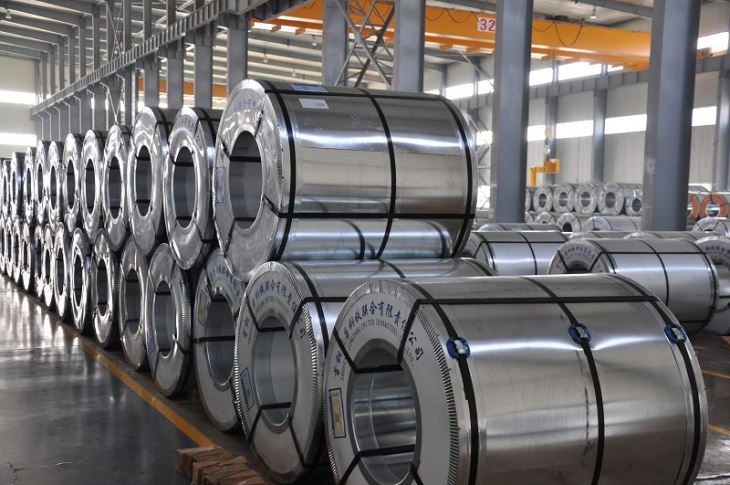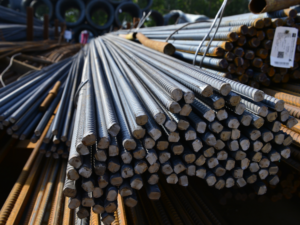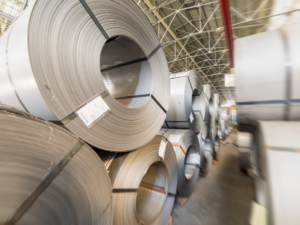In an international comparison, the steel industry in Germany has the lowest risks for sustainability along its supply and value chains, claims national steel federation WV Stahl.
The federation commissioned economic research institute IW Consult to analyse the sustainability of the steel value chain in Germany and the largest competitor countries along four central UN goals – Sustainable Development Goals (SDGs).
“The study shows that steel production in Germany has a high degree of compliance with the selected UN goals,” says Hans Jürgen Kerkhoff, president of the federation. “This enables its customers to offer sustainable products.” Conversely, importing steel from overseas would be detrimental to sustainability, Kallanish understands.
Using the example of the CO2 footprint of central customer industries, IW Consult comes up with some concrete figures. If the domestic mechanical engineering industry had to replace its steel deliveries from Germany completely with China-origin imports, CO2 emissions in the value chain would increase by 13 million tonnes. In the automotive industry, the CO2 increase would be 8.4mt.
In IW’s table of major steel producing nations, Germany also fares best in the parameters of labour rights, sustainable waste management, and corruption/corporate governance. Other countries with relative positive performances are Japan, the USA and South Korea. Relatively poor performance in terms of sustainability was identified for China, India, Turkey and Russia.
WV Stahl highlights the high topicality of the findings in the current economic environment, “especially against the background of the transformation of the steel industry towards climate neutrality and the crisis on the energy markets”, says Kerkhoff.
Christian Koehl Germany






